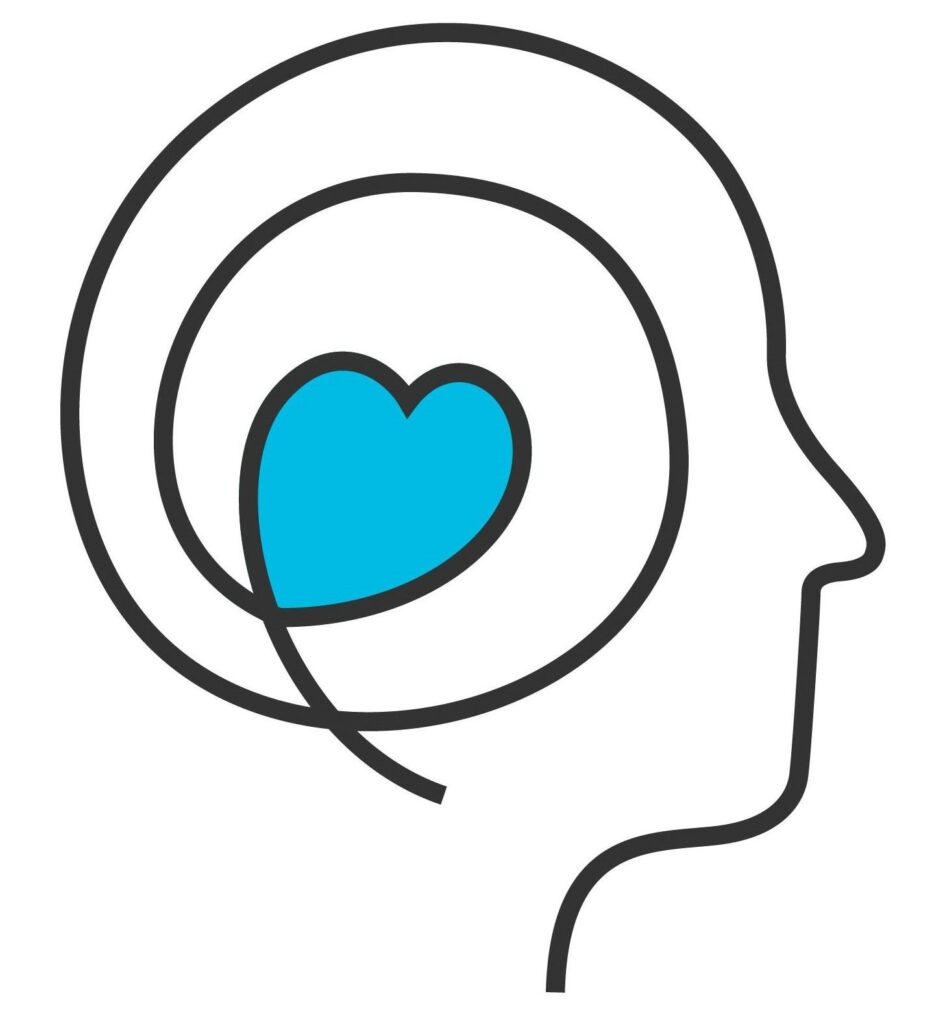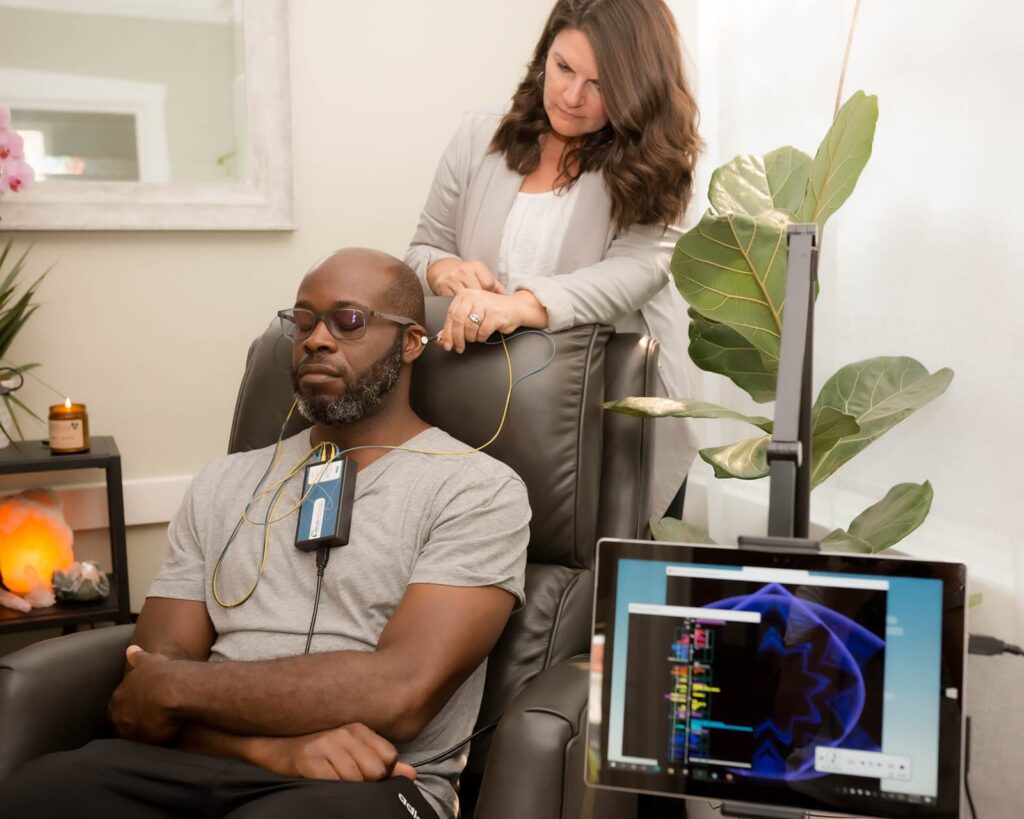What Is Neurofeedback?
Neurofeedback, also known as EEG biofeedback or neurotherapy, is a non-invasive brain training technique that helps individuals regulate brain activity. Using real-time feedback from brainwave monitoring, neurofeedback trains the brain to function more efficiently, promoting mental clarity, emotional stability, and improved focus.
How Does Neurofeedback Work?
During a neurofeedback session, sensors are placed on the scalp to monitor brainwave activity using an EEG (electroencephalogram). The data is then translated into visual or auditory cues—like a game, video, or sound—that reward optimal brainwave patterns. Over time, the brain learns to self-correct, strengthening healthier patterns and reducing dysregulated activity.
Benefits of Neurofeedback
1. ADHD and Focus
One of the most well-researched applications of neurofeedback is for ADHD (Attention Deficit Hyperactivity Disorder). Studies show it can significantly improve attention, reduce impulsivity, and decrease hyperactivity without medication.
2. Anxiety and Depression Relief
Neurofeedback promotes calm brainwave states, helping individuals manage anxiety and depression naturally. Unlike medication, it addresses the root cause—dysregulated brain activity—without side effects.
3. Peak Performance and Cognitive Enhancement
Top athletes, executives, and creatives use neurofeedback for peak performance and cognitive enhancement. It sharpens focus, boosts memory, and enhances emotional resilience—making it a powerful tool for anyone aiming to perform at their best.
4. Sleep Improvement
Disrupted sleep patterns are often linked to irregular brainwave activity. Neurofeedback helps the brain transition smoothly between sleep cycles, improving both sleep quality and duration.
Who Can Benefit from Neurofeedback?
Neurofeedback is safe for both children and adults. It’s particularly beneficial for people dealing with:
-
ADHD and ADD
-
Anxiety and panic disorders
-
Depression and mood disorders
-
PTSD and trauma
-
Migraines and chronic pain
-
Insomnia and sleep disorders
-
Learning disabilities and memory issues
Is Neurofeedback Backed by Science?
Yes, neurofeedback has over 50 years of research behind it. Peer-reviewed studies have shown its effectiveness for a wide range of mental health conditions, particularly ADHD, anxiety, and PTSD. While more large-scale studies are needed, clinical practitioners report consistent positive outcomes.
What to Expect in a Neurofeedback Session
Each session typically lasts 30–60 minutes. A treatment plan usually includes 20–40 sessions for long-term results. Since it is non-invasive, drug-free, and tailored to individual brain patterns, neurofeedback is considered a safe and personalized approach to brain training.
Final Thoughts
Neurofeedback is a cutting-edge therapy that harnesses the brain’s natural ability to self-regulate and heal. Whether you’re struggling with mental health challenges or looking to unlock your full cognitive potential, neurofeedback offers a scientifically-backed path to a healthier, more focused mind.







